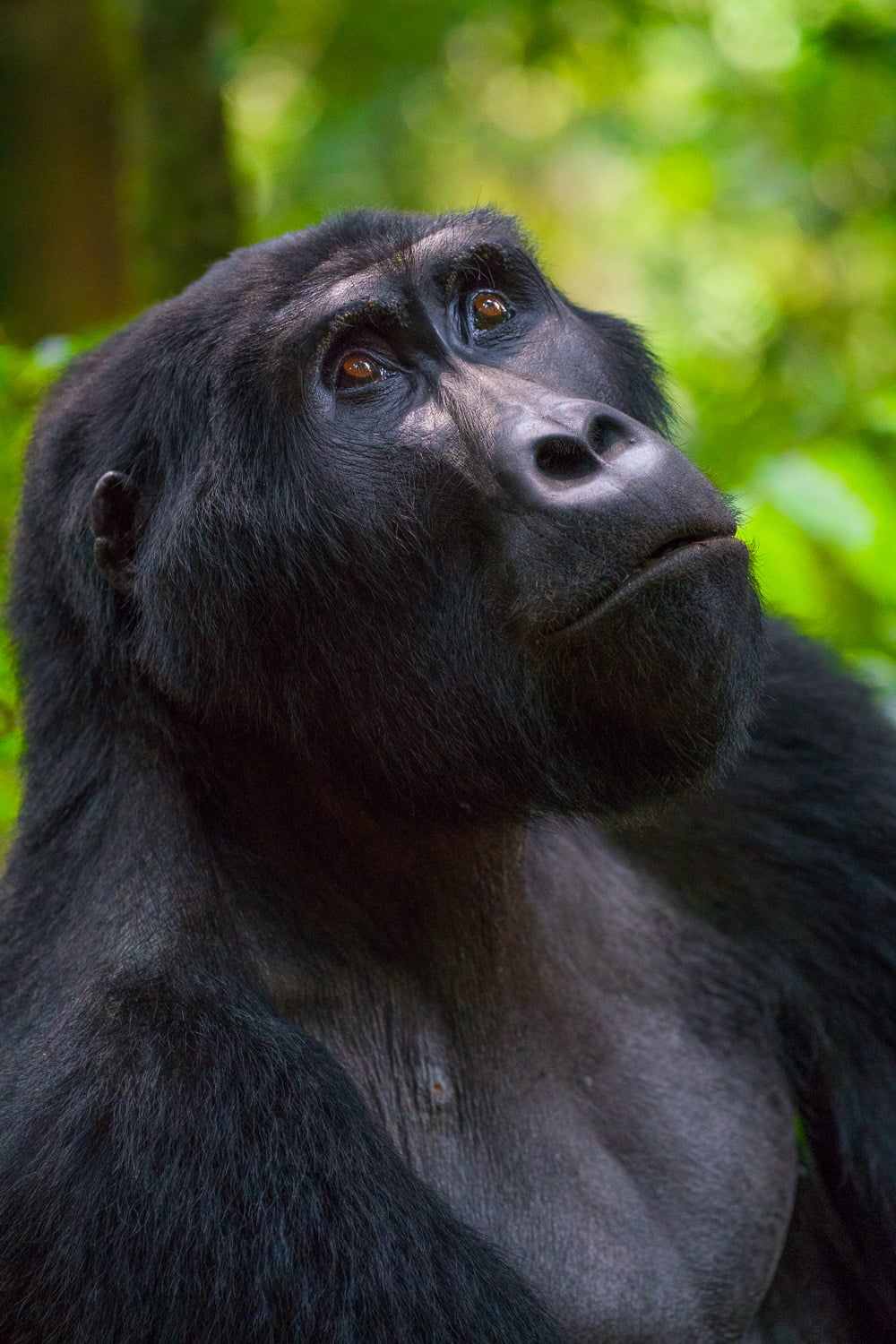8:00 am - 10:00 pm
Opening Hour Mon - Sat

The best safaris, tours, and experiences in East Africa are available through the online travel agency Travel hut Uganda.
All aspects of your African travel arrangements can be handled by our knowledgeable African Concierge Experts.
Your trip to East Africa will be made absolutely fantastic by us.
We take delight in showcasing our stunning continent and assisting visitors in enjoying the finest that East Africa has to offer.
We simplify luxury travel in East Africa.
We also have arrangements for trips to your could be bucketlist vacation destinations like Dubai, Zanzibar, Maldives etc. Contact us for your best honeymoon and vacation experiences.
Safety is always a priority when you're exploring in the wilderness, and we have an impeccable record.
Travel can be stressful. Airlines, luggage, connections, timing, confirmations, the list goes on. We want to make sure an adventure you embark on with us, is one you’ll rave about to your friends.
Our customer service is legendary. We're passionate about travel and we love helping you put together a journey you'll remember for a lifetime. Our reservation agents are there to help you throughout the whole booking process.

